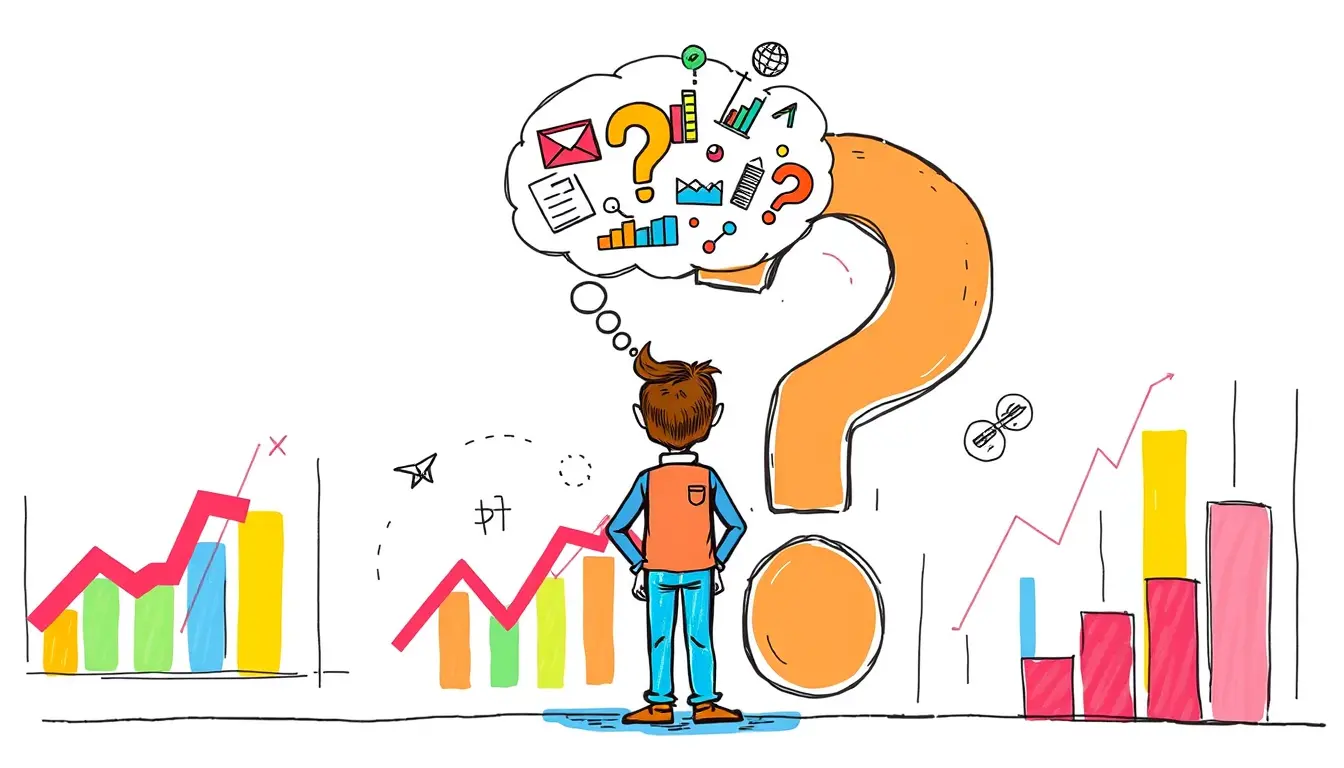Welcome to the world of business analysis for government agencies and public sector organizations. While business analysis is a common practice in the private sector, public sector organizations are also starting to realize the importance of this discipline. In this article, we will explore what business analysis is, how it can benefit government agencies and public sector organizations, and some best practices to follow.
What is Business Analysis?
Business analysis is the process of identifying business needs and determining solutions to business problems. It involves analyzing data, identifying trends, and creating recommendations to improve business processes, systems, and operations. Business analysis is a critical function that helps organizations make informed decisions, optimize resources, and achieve their goals.
Benefits of Business Analysis for Government Agencies and Public Sector Organizations
There are several benefits of business analysis for government agencies and public sector organizations:
- Improved Efficiency: Business analysis helps identify inefficiencies in business processes and operations, which can be optimized to reduce costs and improve efficiency.
- Better Decision Making: Business analysis provides insights and data to help decision-makers make informed decisions based on facts and not just intuition.
- Increased Transparency: Business analysis helps improve transparency in government agencies and public sector organizations by providing data and insights into their operations.
- Enhanced Customer Service: Business analysis helps identify areas where customer service can be improved, leading to better outcomes for citizens and stakeholders.
Overall, business analysis helps government agencies and public sector organizations operate more efficiently, effectively, and transparently.
Best Practices for Business Analysis in Government Agencies and Public Sector Organizations
Here are some best practices to follow when conducting business analysis in government agencies and public sector organizations:
- Engage Stakeholders: It’s important to engage stakeholders, including citizens, employees, and other stakeholders, to ensure that their needs are being met and that they are part of the solution.
- Define Scope: Clearly define the scope of the business analysis project to ensure that the project stays on track and that all stakeholders are aligned.
- Use Data: Use data to drive decision-making and recommendations. Collect and analyze data to identify trends, patterns, and opportunities for improvement.
- Be Agile: Be agile and flexible in your approach to business analysis. Continuously reassess and adjust your approach based on new information and feedback.
Key Takeaway
Business analysis is a critical function for government agencies and public sector organizations. By identifying inefficiencies, improving decision-making, increasing transparency, and enhancing customer service, business analysis can help these organizations operate more efficiently, effectively, and transparently. To achieve these benefits, it’s important to engage stakeholders, define scope, use data, and be agile in your approach to business analysis.
FAQ
What is the role of a business analyst in government agencies and public sector organizations?
The role of a business analyst in government agencies and public sector organizations is to identify business needs, analyze data, and develop recommendations to improve business processes, systems, and operations. Business analysts work closely with stakeholders, including citizens, employees, and other stakeholders, to ensure that their needs are being met and that they are part of the solution.
What are some common challenges when conducting business analysis in government agencies and public sector organizations?
Some common challenges when conducting business analysis in government agencies and public sector organizations include resistance to change, lack of resources, and bureaucratic processes. To overcome these challenges, it’s important to engage stakeholders, use data to drive decision-making, and be agile in your approach to business analysis.
What are some benefits of using data in business analysis?
Using data in business analysis provides several benefits, including identifying trends, patterns, and opportunities for improvement; driving decision-making based on facts and not just intuition; and improving transparency by providing data and insights into operations.













Leave a Reply